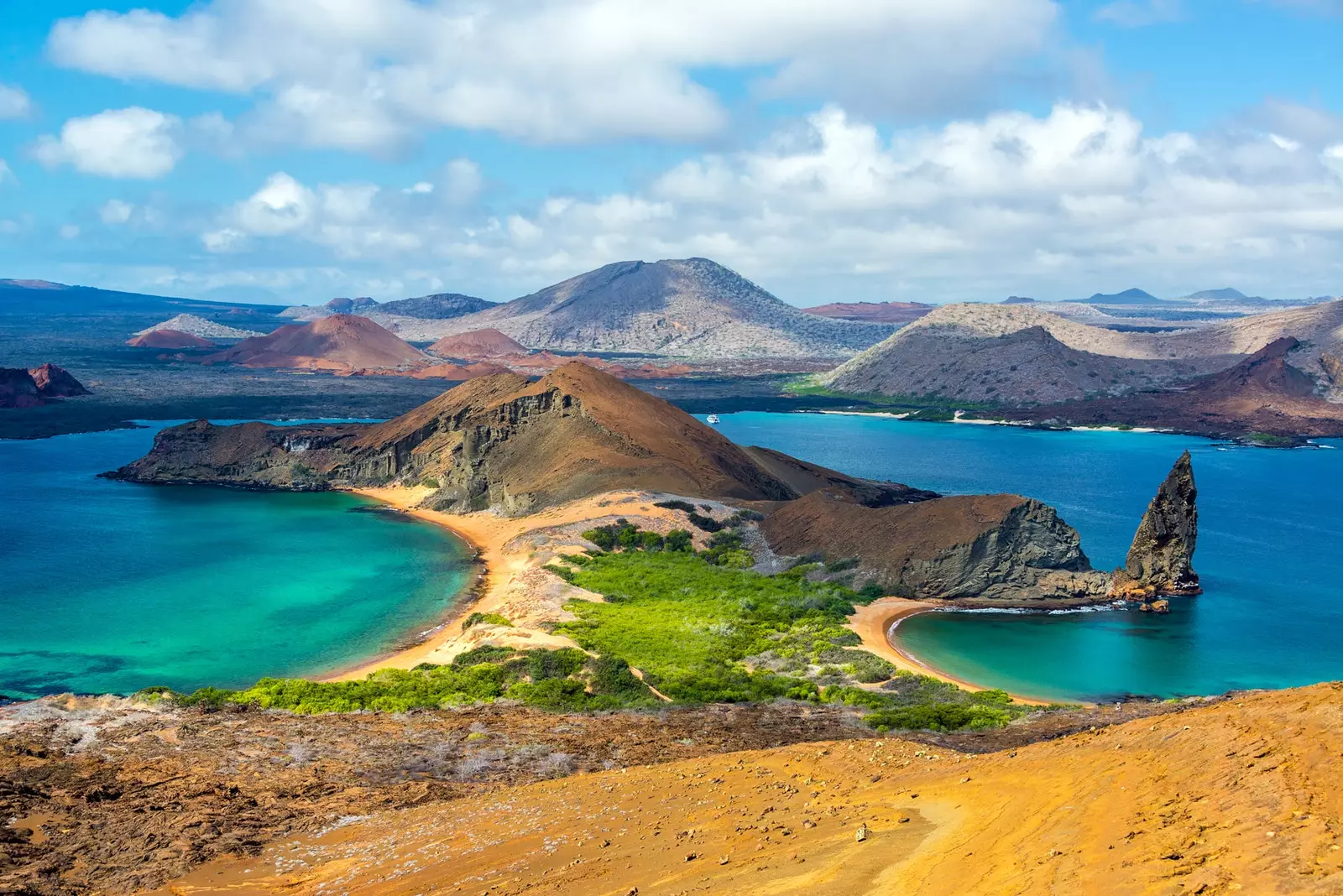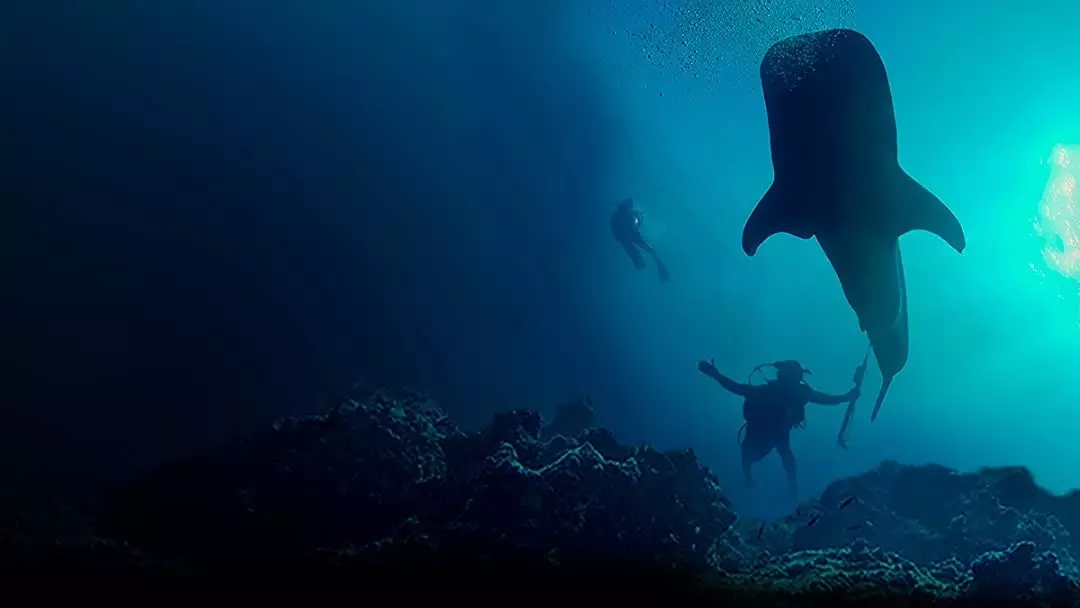One of the best travel news that 2021 has left us –and that makes us face 2022 with a little more environmental hope– is the announcement by Ecuador of the expansion of the marine reserve Galapagos.
It was its president, Guillermo Lasso, who at the United Nations Conference on Climate Change, held in Glasgow, referred to the Ecuadorian commitment to the cause –Ecuador is responsible for barely 0.18% of global emissions– and took advantage of his speech to briefly explain what this ambitious maritime protection project that will also involve Colombia, Costa Rica and Panama.
The new marine reserve known as 'enchanted islands' will occupy a size of 60,000 km2, which will be added to the 138,000 km2 that the current protected area already has, created in 1998 and recognized in 2001 as Natural Heritage of Humanity, promoting the conservation of the unique species that inhabit it.

Bartholomew Island.
As Lasso explained, the importance of this decision lies in the great potential of what will be the largest debt-for-conservation swap in the world: "There is a possibility that the country itself could, with the support of multilateral credit organizations, carry out this exchange so that all the benefits are placed in a trust where the sole beneficiary is the Ministry of the Environment, Water and Ecological Transition".
The new maritime reserve will encompass 30,000 kilometers of non-fishery production zone (those located on the Cocos mountain range) and many others from the non-longline zone (type of fishing) to the northwest of the current limits, and will also serve as a living laboratory for the development of scientific investigations.
As has been clarified by the Minister of Environment, Water and Ecological Transition of Ecuador, this expansion of the Galapagos Marine Reserve will create a corridor that will connect Ecuadorian waters with Costa Rican waters forming a safe migration zone for Endangered Species, such as sharks, whales, turtles and manta rays, among others.

Prime Video.
Ecuador's goal is reduce 22.5% of emissions by 2025, for which the country will adopt a public policy of ecological transition towards a circular, resilient and low-emission economy.
Also, build a National Transition Plan towards Decarbonization of the economy by 2050, with investment projects in electric mobility, renewable energy, agriculture, tourism, habitat and circular economy.
